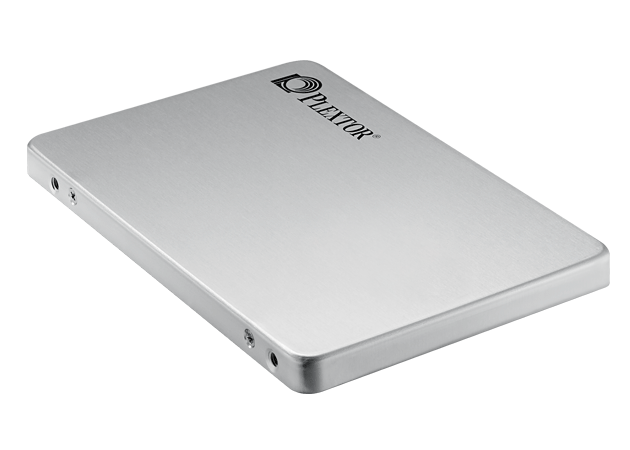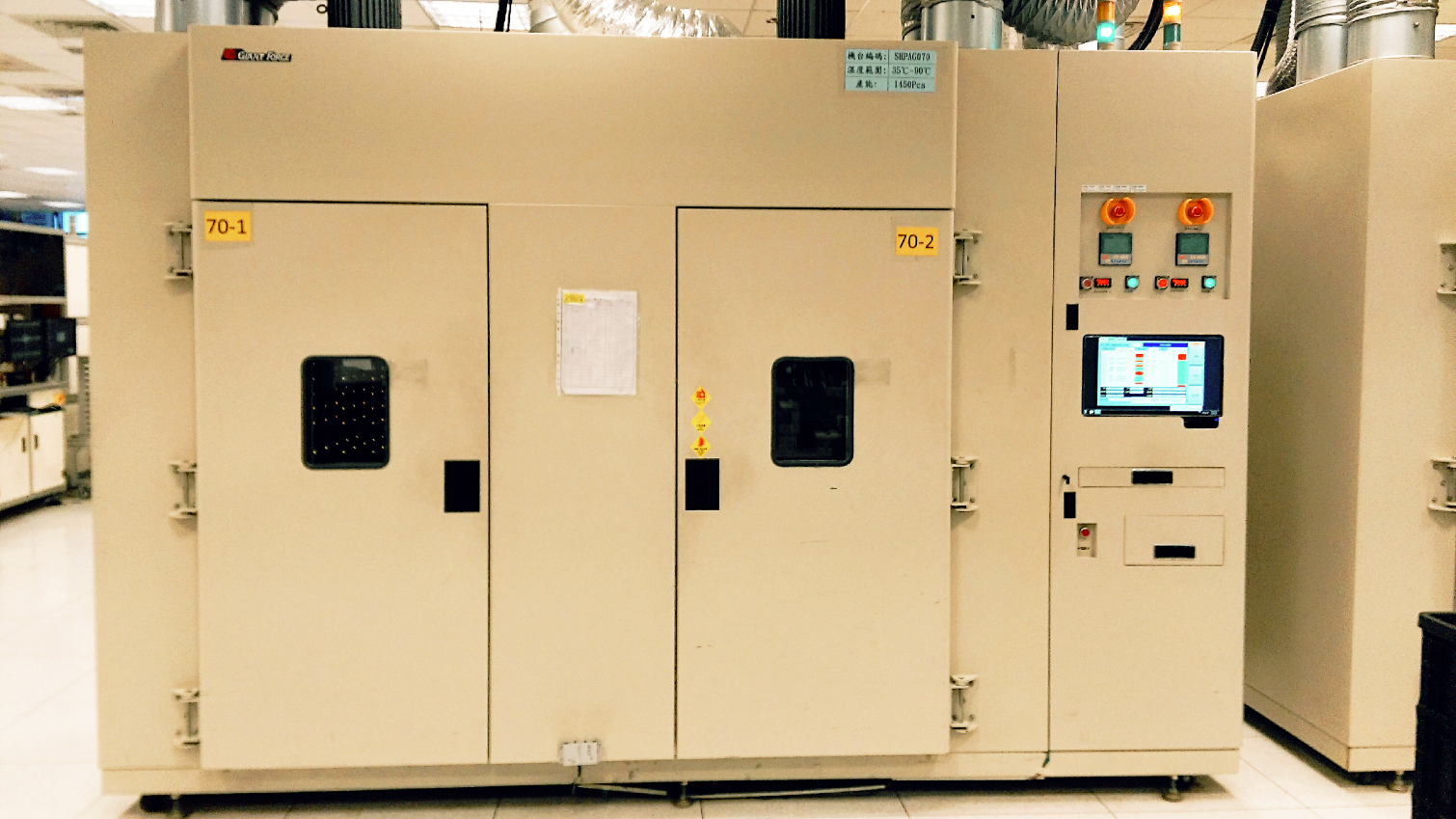Plextor M7V SSD Review
Plextor is back in the game with its M7V SSDs and we take a look at the entry-level M7V to see how it compares with other TLC-based SSDs.
Why you can trust Tom's Hardware
Conclusion
It's been several years since Plextor was able to compete in the performance segment of the consumer SSD market. Before Samsung took more than 50 percent of the SSD market share, Plextor would have at least one product at or near the top of the performance hill for every generation of SSDs.
The Plextor M7V isn't a great performer. It doesn't break any records, and it can barely keep up with the other entry-level SSDs on the market. Luckily, performance isn't everything, and Plextor has an unrivaled lead in value-add software. Plextor also takes testing and validation after manufacturing seriously, which we found out after visiting the company during Computex 2016.
Price has also been a difficult area for the company because Lite-On (the manufacturer) has to pay Plextor a licensing fee for every drive sold. The licensing fees, a "Plextor Tax," if you will, increase the price at the retail level. Over the last three years, we've had a race to the bottom as vendors try to get SSD prices down to the levels of hard disk drives, and the M7V is really the first Plextor product be cost-competitive with other low-cost SSDs.
Plextor does have an excellent software package that outshines competing software. It all starts with Plextool, a base software package that matches features with Intel's SSD Toolbox, Samsung's Magician and most manufacturers' software. PlexTurbo is now a stand-alone tool that enables a DRAM cache (taking resources from the system) to increase performance and reduce wear on the flash, while PlexVault adds a secret hotkey to your system that locks and unlocks a hidden partition on the SSD.
PlexCompressor is the standout software package within the group. When enabled, the software will seamlessly compress files in the background if they go unused over a set number of days. Imagine having a large game collection with numerous titles that you play only a few times a year. The software will compress those files for long-term storage, and decompress them on the fly when the system requests them. As you put more data on the SSD, the drive slows, but when files are compressed, the footprint shrinks and users get the space back. The SSD uses the space for background activity, which increases overall performance.
Plextor tests every retail SSD for 48 hours in a thermal chamber (pictured above) before shipping. The test will "burn off" any bad cells so that the drive can map them out. This process ensures that the SSD stores your data in the strongest cells. Plextor also cycles the drives 4,000 times in a sleep and hibernation test before running another 250 power cycles under variable temperature conditions. Plextor SSDs have been many things over the years, but we've always been able to call these drives reliable.
MORE: Best SSDs
Get Tom's Hardware's best news and in-depth reviews, straight to your inbox.
MORE: How We Test HDDs And SSDs
MORE: All Storage Content
Follow us on Facebook, Google+, RSS, Twitter and YouTube.

Chris Ramseyer was a senior contributing editor for Tom's Hardware. He tested and reviewed consumer storage.

